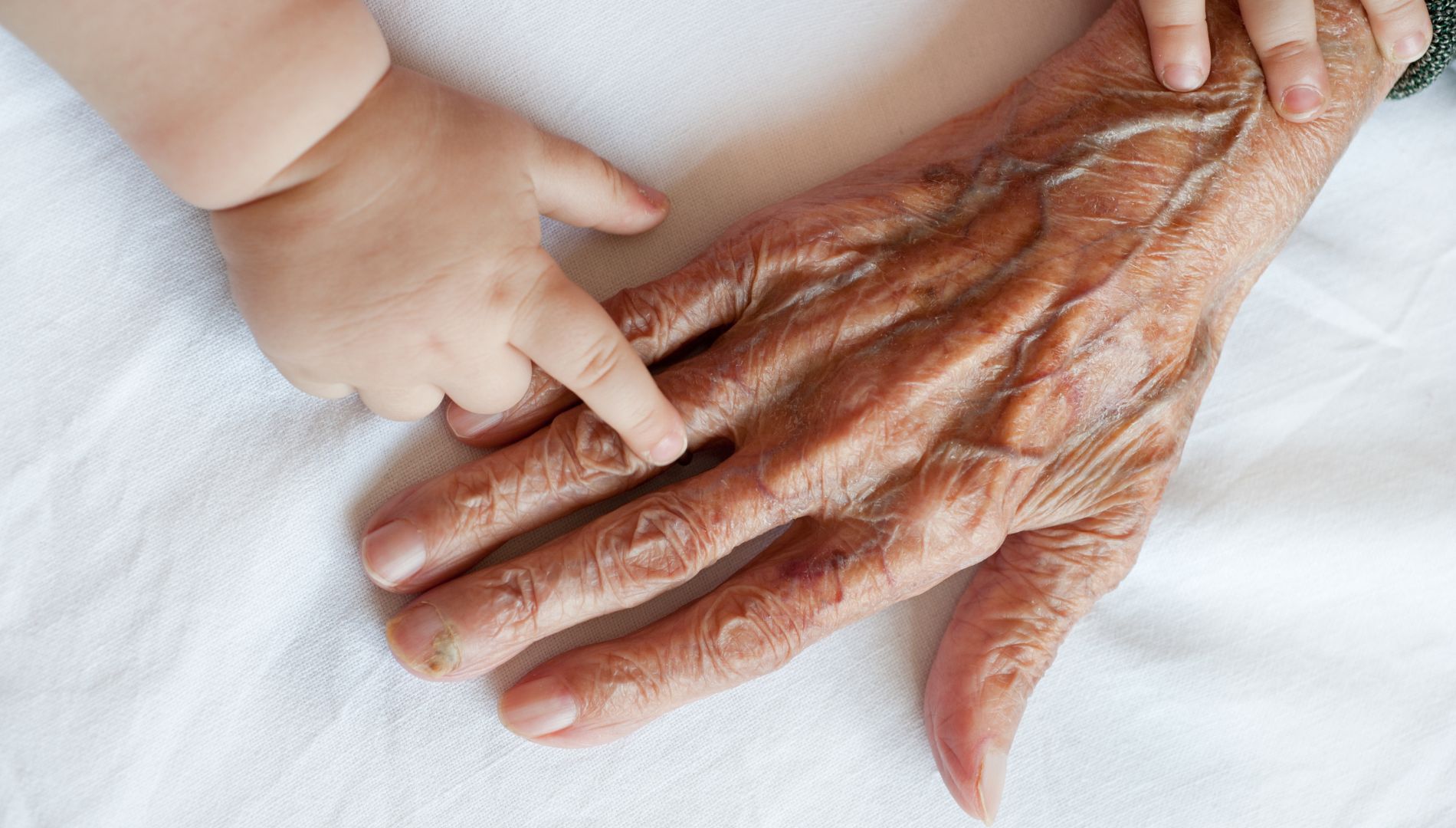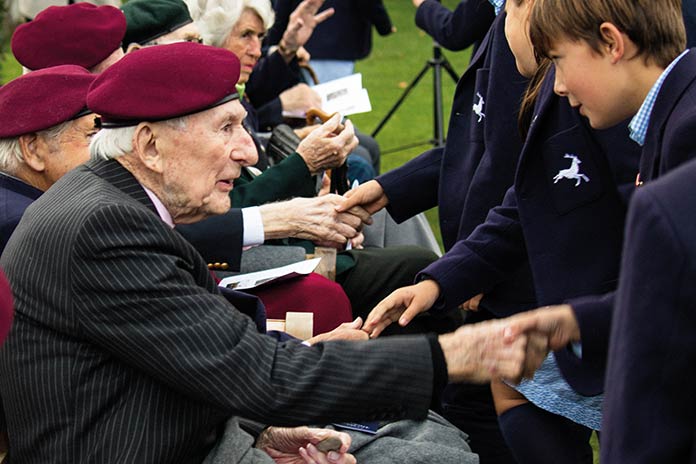Intergeneration care was a hot topic, following the popular ‘Old People’s Home for 4 Year Olds’ on Channel 4. Something that was once just an idea, became a reality and then we saw a number of services begin integrating the older adults with younger children. Sadly the pandemic started, and the intergenerational work stopped, and sadly there is less focus on this.
What is Intergenerational Care?
This is the planned ongoing activities that purposefully bring together different generations in shared settings to share experiences that are mutually beneficial.
Why is Intergenerational Care Important?
Life since the pandemic has changed, and digital seems to have boomed, which has only added to the divide of generations. Old and young find themselves living in two very different ways.
Older people find themselves more isolated, less technologically advanced and have higher rates of isolation, and younger people are struggling with expectations and life such as mortgages, jobs and stability, whilst adapting to the rapidly evolving world around them.
However, one thing both generations need is human connection and support. Intergenerational programmes/care can break down the barriers between generations, creating spaces where young and old can come together to share their experiences, learn from one another and create bonds that enrich lives.
What are the Benefits?
Intergenerational programmes, not only provide the opportunity for companionship, but also allow for knowledge exchange, emotional support and a chance to challenge preconceived ideas about different age groups. The intergenerational experience helps combat ageism and stereotyping, fostering a more inclusive and compassionate society.
One of the biggest advantages of intergenerational care is the promotion of social connection s as it creates opportunities for people from different generations to interact and build meaningful relationships, with studies evidencing the reduction of loneliness and social isolation.
Intergenerational programs offer a unique opportunity for cross learning and sharing skills and knowledge. Younger people have the chance to gain wisdom, life experiences and practical skills, and older people can learn about new technologies, current trends and fresh perspectives.
We all have pre-conceived ideas, however we often don’t seek or have the opportunities to educate ourselves. Intergenerational care allows those down stereotypes and misconceptions to be broken down.
It isn’t just societal benefits, there are also health ones too. For older adults, engaging with younger people can stimulate mental activity, reduce cognitive decline and boost wellbeing.
What Intergenerational Programmes are there?
There most well-known programme is nursery and school children attending care homes and spending time talking and getting to know one another. We have seen school orchestras playing Christmas songs to older people in care homes, younger children reading books to older people, art projects and older people providing words of wisdom on various topics such as relationships, life and how to find happiness.
Mentorships between older children and older adults are happening throughout the UK, with many care providers starting pen pal schemes and mentorship programmes (including cooking, life skills, technology and career advice)
Whilst we don’t have many care providers offering intergenerational housing, we have seen an increase in intergenerational households being created within the community. This involves two or more generations living together. Intergenerational housing involve creating communities or housing complexes where individuals from different age groups live together. They often include communal spaces, such as gardens, lounges and dining areas, where people can come together.
Volunteer groups aid intergenerational care as they often involve people in different age groups working together on projects aimed at improving their community with projects like cleaning local areas, supporting food banks and local events. In my village local church fundraisers bring the community of all ages together, with children, teenagers, adults and seniors all playing a part in making it happen.
What did Old People’s Home for 4 Year Olds’ Teach us?
Well firstly, it put intergenerational care on the map, and that in itself was a huge achievement as it spared many initiatives up and down the country to undertake similar programmes.
We know at the start of the programme on Channel 4, elderly participants were measured on cognition, mood and depression, as well as their physical abilities including balance and ability to get up and walk. These measurements were taken again midway through and at the end of the programme.
The six week programme was designed to allow time and space for the older adults and children to engage physically and socially, including through games, walking, activities such as crafting and painting and even a partnership sports day.
The results were significant. After just three weeks there were noticeable improvements and by the end of the trial 80% of the adults participating showed improvements. On the sports day, one woman who couldn’t remember ever running was seen sprinting off to the winning line with her four year old companion.
Most significantly, whereas at the start of the experiment nearly all residents identified as depressed, two of them severely, after the six week programme none of them did.
You can read more about this experiment on the University of Bath’s website.
Intergenerational care is not something that will naturally happen, and it requires dedicated time, from a passionate individual to make it happen and to overcome any barriers and obstacles.



